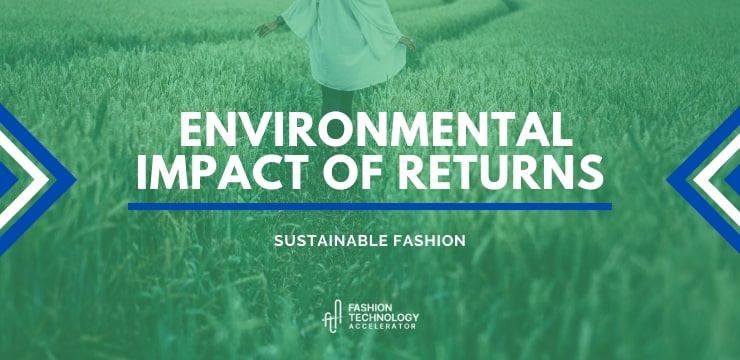
Environmental impact is possibly the highest cost of e-commerce’s products’ returns. As online shopping increases, returns do too. How to handle them?
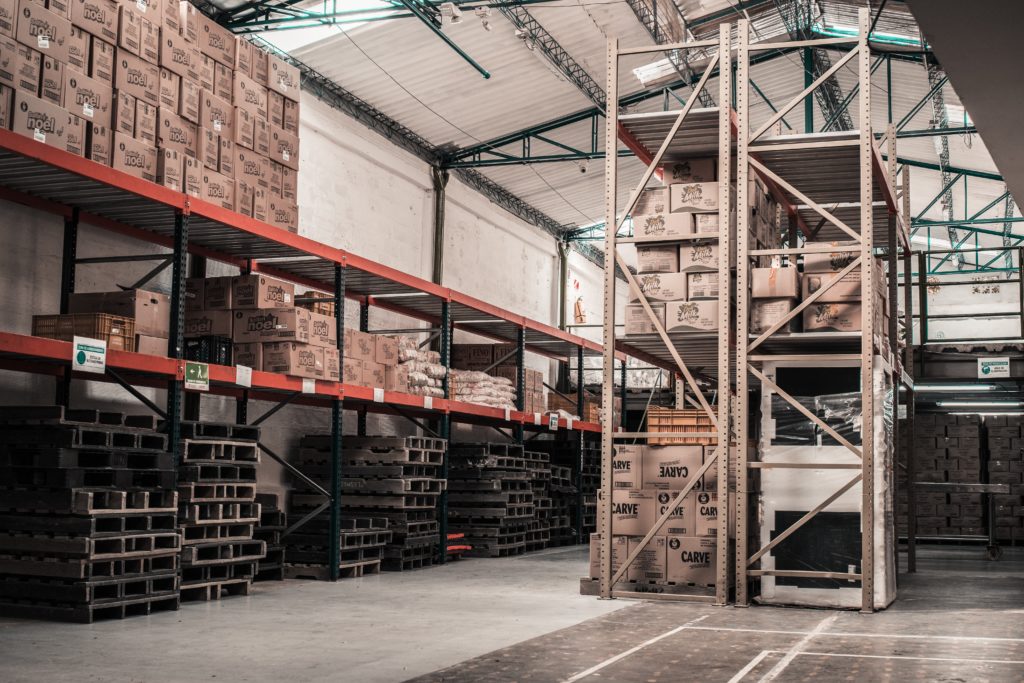
Since the early days of e-commerce, companies like Amazon have offered free shipping and returns to juice growth and help customers overcome their hesitations about ordering online.
Giving consumers the security of being able to return easily the unwanted products has always been indeed a driver for conversion, and retention of clients.
Today, free returns have become the expected norm, as almost 80% of people in the US and UK check returns policies before placing an order. Furthermore, 3/5 have returned an online order within the past 12 months, according to the Global Web Index.
According to data from Boston Consulting Group in their “2019 U.S. and Specialty Retail Outlook”, as reported also in Women’s Wear Daily, “it is more important to have easy returns policies than an enjoyable shopping experience. Almost 40% of surveyed expressed that allowing easy returns is the most important consumer need.”
What effect, however, does your return policy have on sustainability?

Sustaining such initiatives is becoming increasingly unaffordable.
E-commerce return rates have spiked 95% in the last five years. The “new normal” has set off an expensive and vicious cycle that even Amazon can’t endure. In fact, alongside companies like Nordstrom and LL Bean, recently even the e-commerce giant has tightened up its policies.
About 10% of goods sold in the United States go back to retailers every year, resulting in about $369 billion in lost sales, according to a 2018 report from Appriss Retail and National Retail Federation.
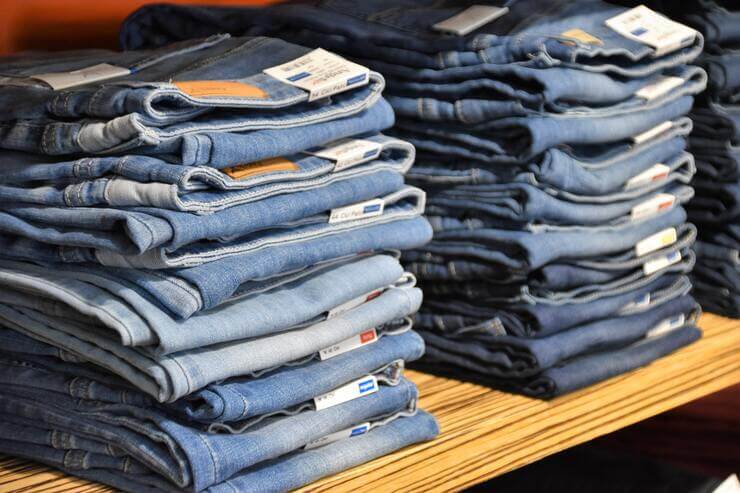
Returns in some categories – such as the apparel industry- are approaching a 50% rate due to inconsistent sizing across brands, said Greg Buzek, founder and president of IHL Group, a research and advisory firm.
Online fashion giant ASOS, for example, estimates that 25% of UK women’s orders are returned, while this percentage spikes up to 70% for orders in Germany, a country which has always had huge issues with returns.
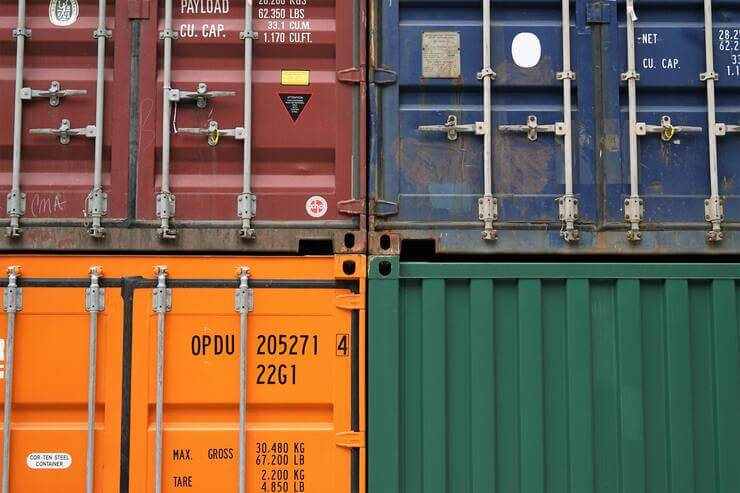
Every year the United States generates 15 million tons of carbon emissions due to product returns.
It’s important to find a way to reduce returns, not only for the economic part but also for the environment. Otherwise, in a few years, we will have to look for another planet.
Amazon CEO, Jeff Bezos, recently announced that he was doing a pilot project incorporating 100,000 trucking vehicles for revenue and resource management. The intention is that in 2021 the entire fleet of vehicles for deliveries and collections will be electric.

The environmental footprint does not stop with transport emissions.
What about plastic? Or with cardboard, or with fabric…Almost all the shipped products have several layers of packaging.
This generates tons and tons of waste that, unfortunately, not everyone recycles.
Hopefully, there are companies that are already working on packaging of recycled or biodegradable materials. The Spanish brand Zara, for example, recently announced that it is preparing to have 100% of the cardboard used in its shipments to be recycled.
Even if this is one step, this is far from being the solution. The most effective way to reduce the pollution caused by returns is to reduce them.
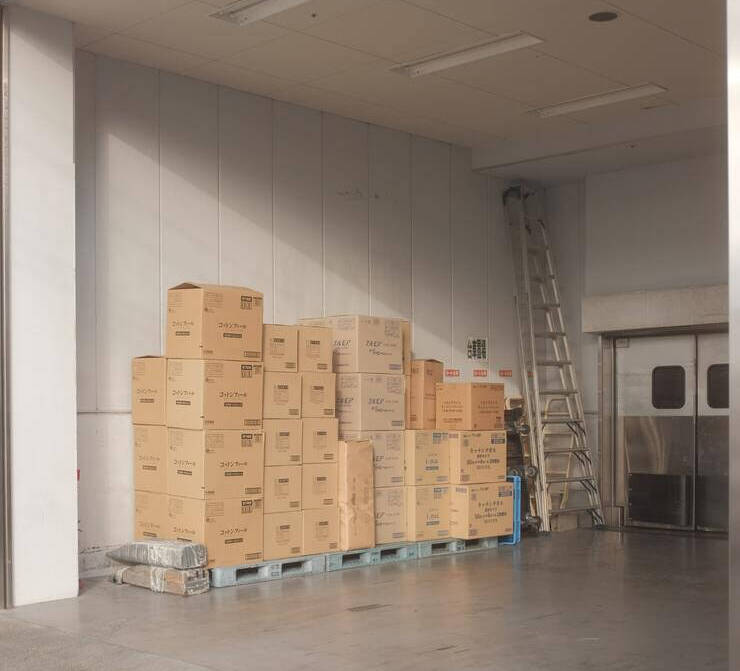
For the final consumer, the return is an almost unconscious act, an acquired right that has been normalized to inconceivable points.
Buying the same product in two sizes to try it at home, or buying, using and returning are some more common practices than we would like to admit. The truth is that 51% of shoppers consciously overbuy online, knowing they’ll return unwanted items.
Although many of the products return to the consumer wheel, on too many occasions “it pays off” to destroy the product and avoid the costs of transport, storage, relabelling etc.
According to the logistics company Optoro, each year it is globally generated almost 2,268 tons of waste derived from products that have not even been used. This produces about 15 million metric tons of CO2.

E-commerce sales have a return rate of 30%, and, as less than half of the returned goods are re-sold at full price, retailers may end up losing 10% of their sales. This shift in consumer behaviour has forced retailers to produce more than real demand.
So not only does the initial production affect the environment in many ways not mentioned here, but overproduction also doubles the environmental cost. And because 84% of returned garments end up in a landfill or incinerator — the costs keep rising.
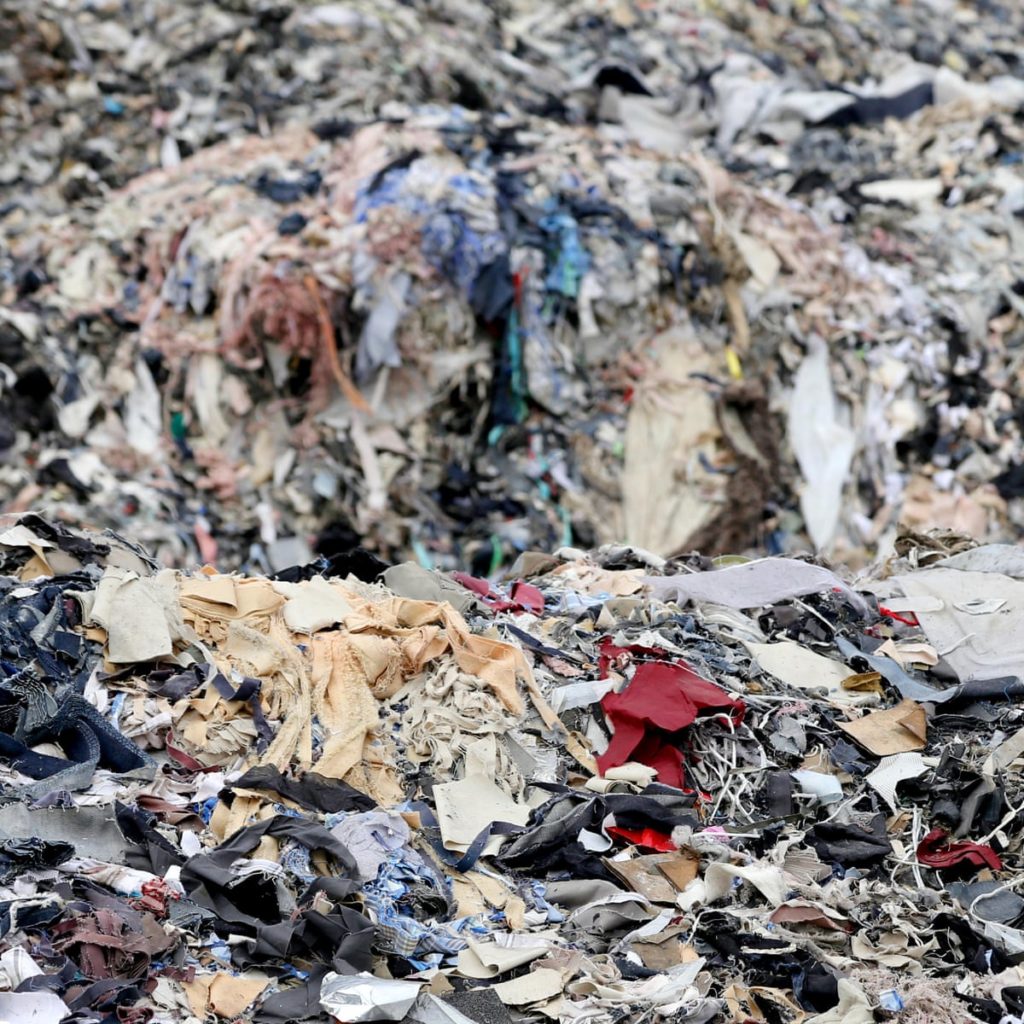
Quality control of products: nearly 60% of people say they return products because they are defective.
The World Economic Forum, in a report, called ”The future of the
Last-Mile Ecosystem”, describes the impact of e-commerce on overall traffic volume, congestion, emissions, and additional qualitative factors of
influence, such as customer convenience and competitive dynamics. According to this, from 2014 to 2019, e-commerce sales ratios nearly
tripled globally.
This trend has been fuelled by a multitude of different factors.
The urbanization, at first, and the increasing purchasing power of the middle class. Secondly, an increasing customer base worldwide, and, last but not least, a widening range of products that can be purchased online. On top of this, add the emergence of new digital business models, and you’ll have the full picture.
Returns technology can save money and time as brands navigate serving an online-centric consumer.
How can eCommerce and brands enhance their sustainability goals?
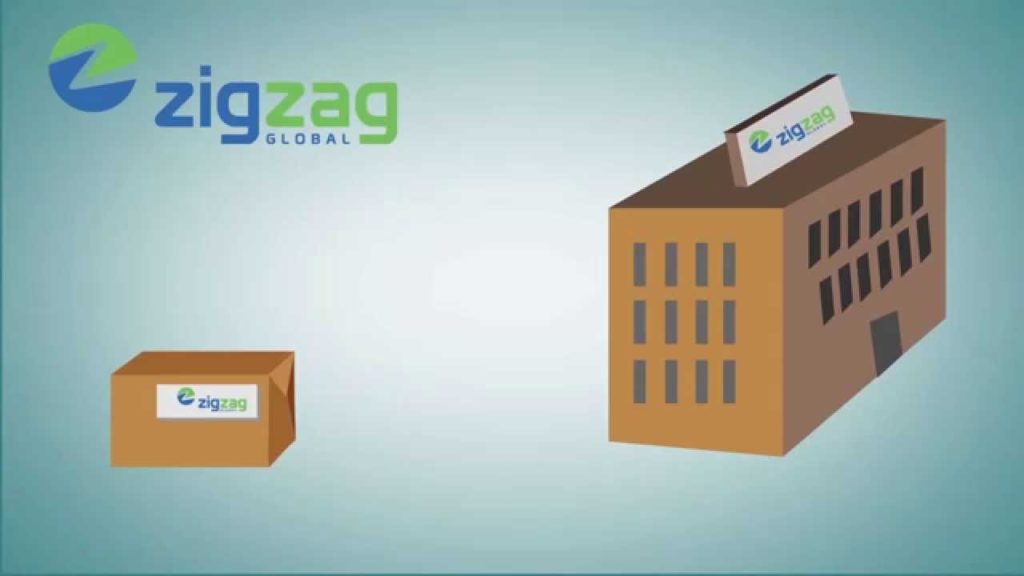
If you ask us, we bet on technology and startups to take the path.
ZigZag is a SaaS platform to help retailers manage eCommerce returns globally. Returns can be consolidated in a network of over 200 warehouses for bulk reverse shipping.
Goods can also be stored locally and shipped to a new customer or resold via marketplaces without the need to transport goods back to the retailer. All from a single integration. ZigZag supports sustainable retail.
About the technology used, ZigZag is cloud-hosted and can be integrated into under an hour on a retailers website. The platform launched in 2017 and now manages returns for major global brands, marketplaces, couriers and 3PL’s.
Zigzag provides cutting edge technology to transform the customer returns experience across a network of carriers and warehouse partners
globally.
It is known by its sustainability mission, as it reduces the cost, waste and friction associated with returns and boosts loyalty and sales, making retailers more profitable and sustainable.
Here at FTA, we do care about sustainability.
If you would like to keep in touch with us, to learn more about our initiatives and future programmes dedicated to the matter, please do not hesitate to fill the form here below.

Giusy Cannone is Chief Executive Officer of Fashion Technology Accelerator.
She is the reference point for FTA’s corporate projects, also creating business connections for startups in the Acceleration Program and mentoring participants of our Masterclasses,